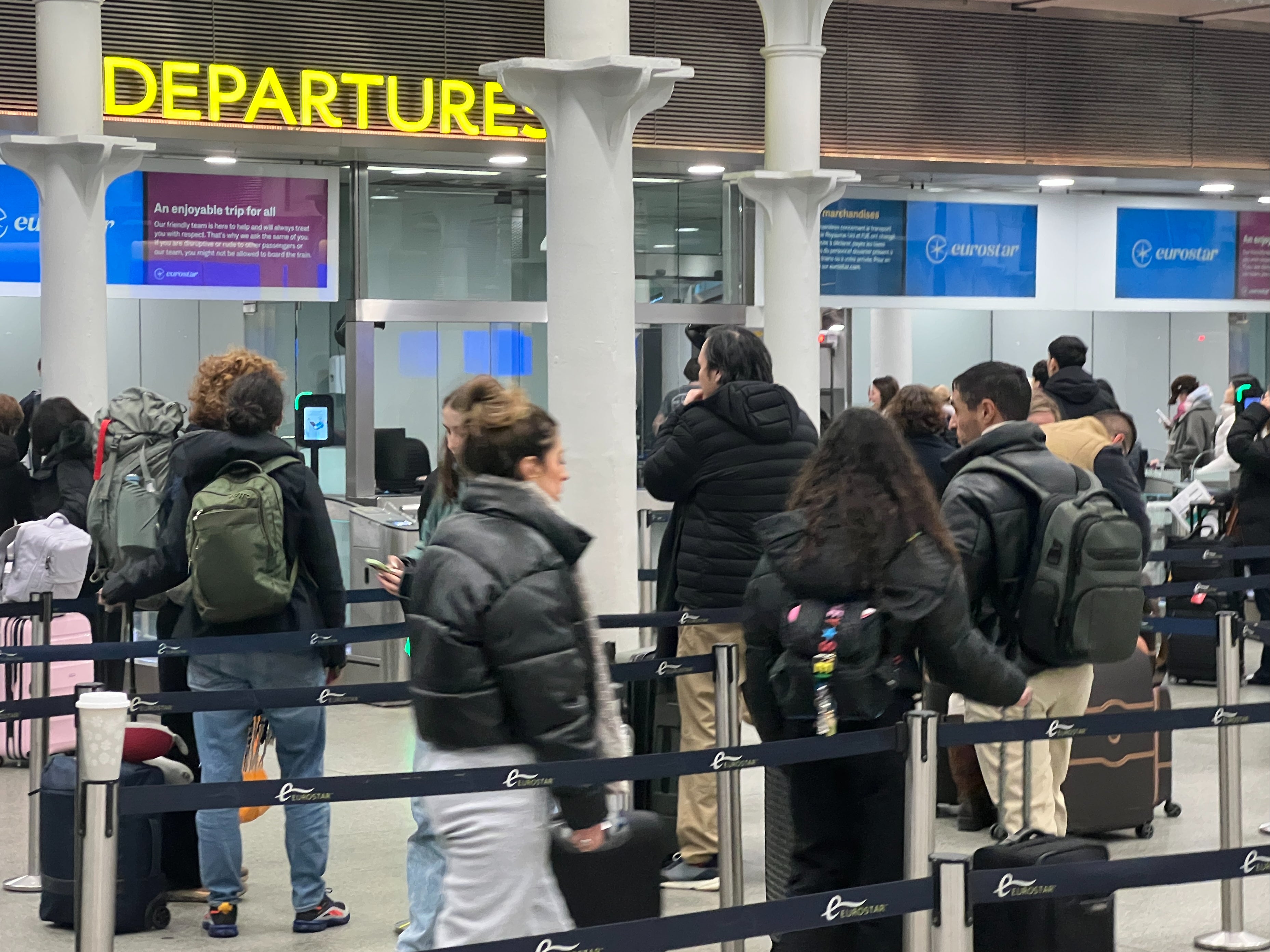For the six final days of 2024, from 26 to 31 December, millions of people are on the move around Britain. But how easily will they be able to travel by train, bus, ferry and air? That depends on the day and the destination.
These are the key questions and answers.
Which trains are running normally on Boxing Day?
Eurostar is running a near-normal service from London St Pancras International to Paris (15 trains each way), Brussels (eight trains each way) and Amsterdam (three trains each way). And they look very popular – the first two departures to Paris sold out, and seats on the third were selling at £375 each just before departure.
But from St Pancras the only possible journeys by train are to Continental Europe.
No trains are running to Kent on Southeastern, to the south coast or Bedford on Thameslink, or to Leicester and Sheffield on East Midlands Railway.
What is the picture elsewhere in the UK?
Scotland’s central belt will have many trains running, centred on Edinburgh and Glasgow. The biggest 26 December operation for decades on ScotRail will see links between the two cities and extending north and northeast to Perth, Dundee and Arbroath, as well as a busy network in Strathclyde.
In England, trains are extremely rare. London Victoria-Gatwick Airport-Brighton: hourly services from 8.30am to 8.30pm. Some other south London suburban trains will run to and from Victoria.
Tottenham Hale-Stansted Airport: half-hourly services from 6.45am to 11.15pm. Tottenham Hale is on the Victoria Line of the London Underground, which will be running.
Merseyrail, the local network around Liverpool, is operating 9am-6pm, though not serving all stations. “Additional services will be available between Liverpool and Aintree to support those attending the Boxing Day races,” the train operator says.
No trains are running in Wales or Northern Ireland.
How does the UK’s near-total rail shutdown compare with other nations?
The UK is an outlier. In Continental Europe 26 December will be a fairly normal Thursday on the railways – fewer commuter services but frequent intercity links because a lot of people want to travel.
That’s certainly clear from the UK’s airports, which are running normally, and the large number of long-distance coaches on Britain’s motorways.

Click Here to Read the Full Original Article at The Independent Travel…
